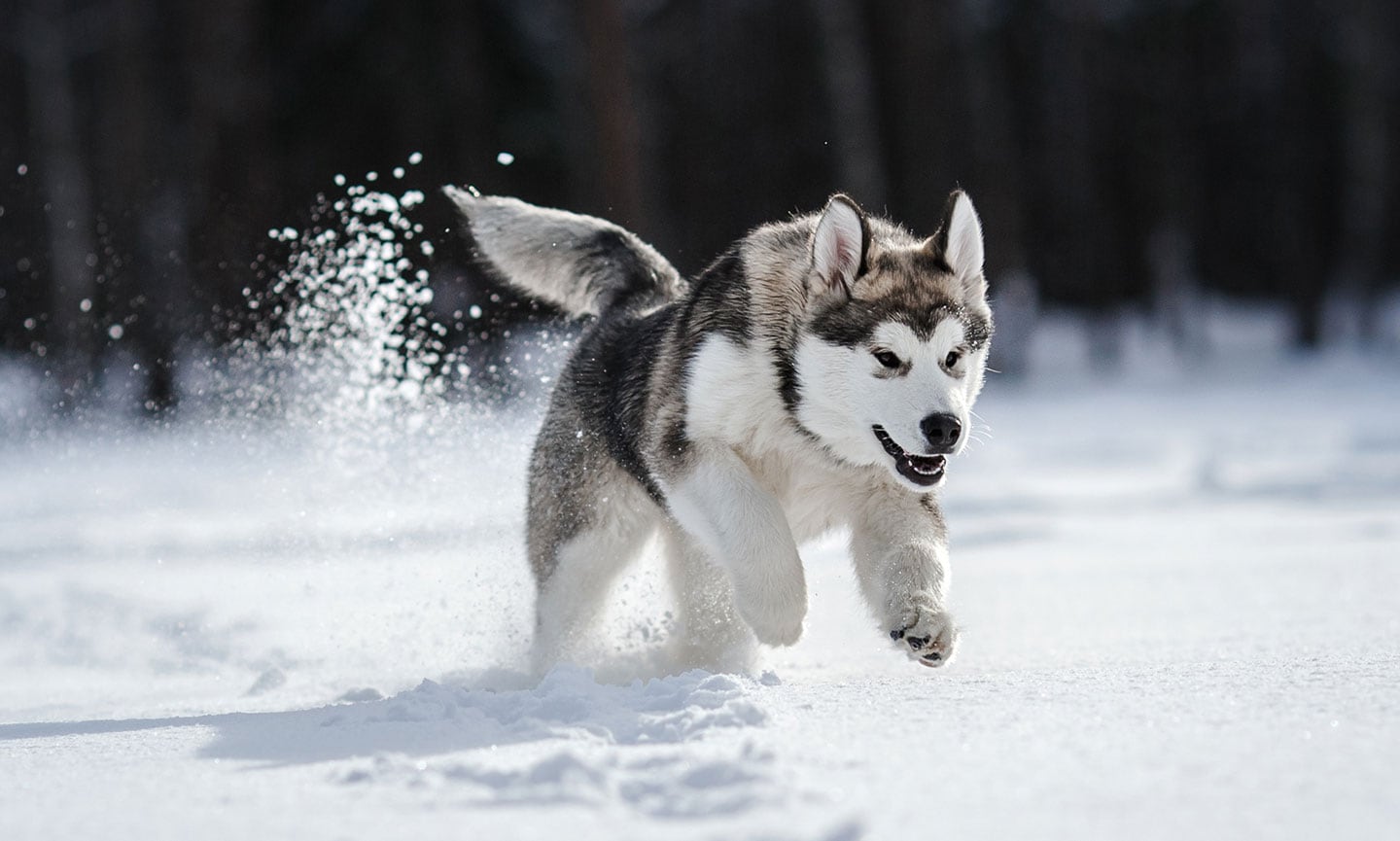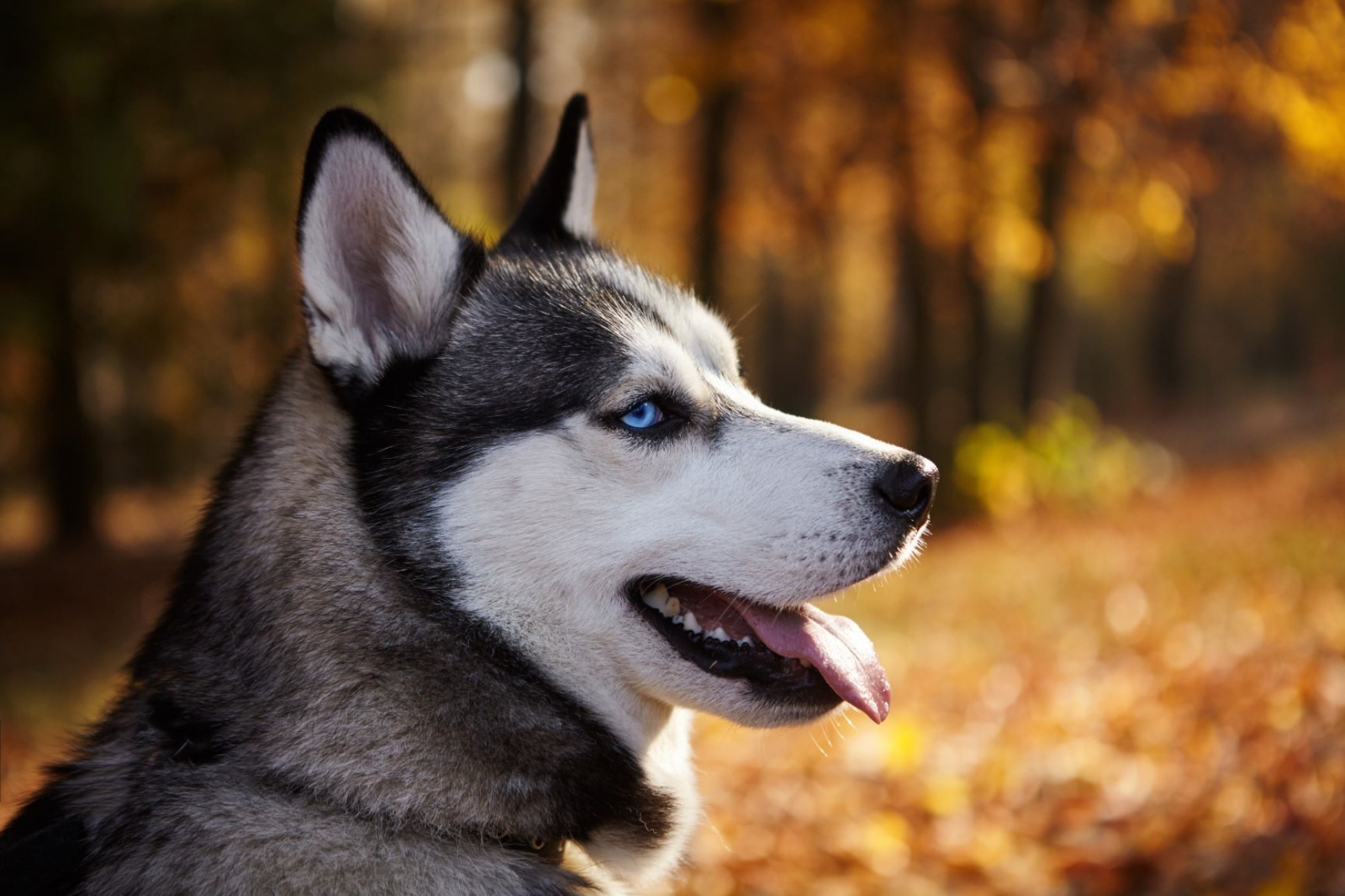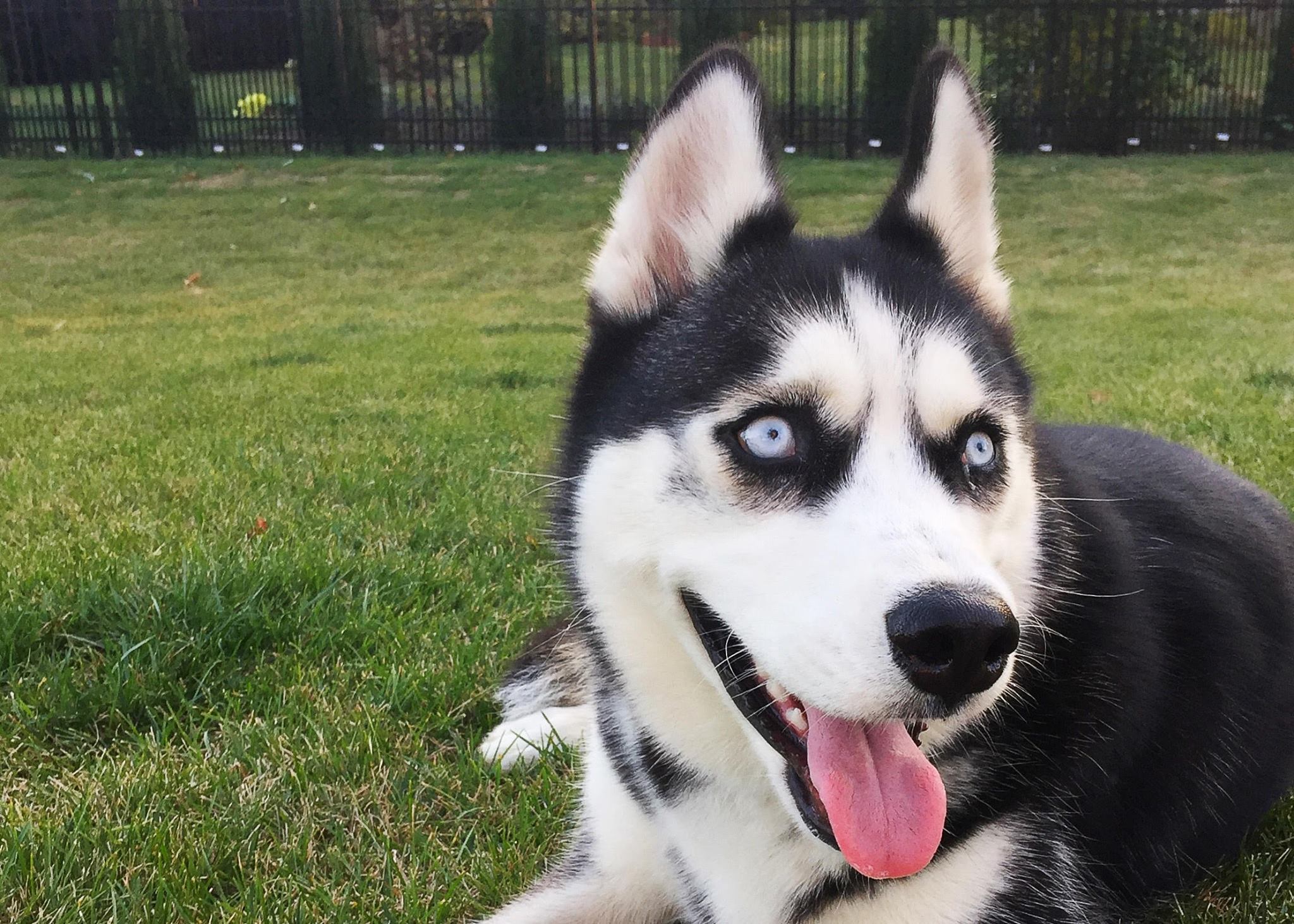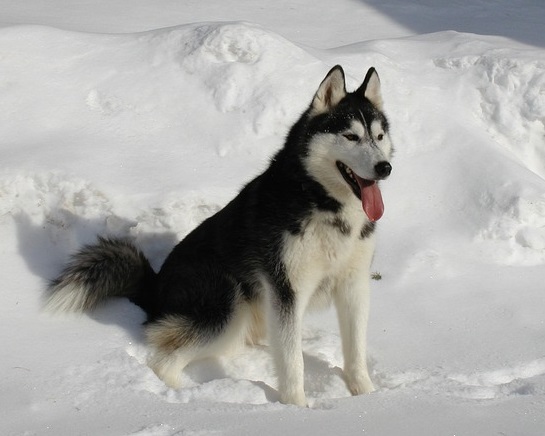Last Updated on September 21, 2021 by Fumipets
The average lifespan of a Husky is between 12 and 15 years. When compared to other dogs of similar size, such as the Labrador Retriever, Golden Retriever, and German Shepherd, this is a fantastic achievement.
Statistics are, of course, only a guide, as some dogs live longer and others live shorter lives. However, you can influence some factors to help your hairy hound live a long and active life.
Here’s all you need to know about helping your Husky live longer.

Husky Lifespan – How Long Do Huskies Live?
Husky life expectancy is expected to reach the teens in the near future. It’s comforting to know that their heritage as working sledge dogs means they come from hardy, healthy stock.
In general, the bigger a dog, the shorter its life expectancy. Smaller breeds, on the other hand, live longer. The Husky lifespan of 12 – 15 years is excellent for a medium to large dog.

Common Husky Health Problems And Impact On Husky Life Expectancy
When it comes to health, purebred dogs frequently have an Achilles heel. The majority of breeds have a higher chance of having specific health issues. The Husky is no exception.
There is, however, some good news. Husky life expectancy is high due to their overall health and strength.
This is understandable given that these four leggeds are used to roughing it in sub-zero temperatures. Weaker dogs had a slim chance of surviving to breed the next generation.
Those issues that do arise have an impact on Husky quality of life rather than lifespan.
The question “How long do Huskys live?” is frequently asked, and the answer isn’t always straightforward. So, let’s take a look at some of the most common health issues that Husky owners face.

Hereditary Cataracts
Hereditary cataracts are common in Huskies. The condition isn’t as dangerous as a heart defect would be. They do, however, result in vision loss that is premature.
This isn’t great news for an active dog like the Husky, but with the help of a caring owner, they’ll be fine.
The cloudiness of the lens within the eye is referred to as a cataract. A cataract, like a dirty contact lens, prevents light from reaching the retina at the back of the eye. Poor eyesight can lead to total vision loss as the condition progresses.
We often associate cataracts with older dogs, but Huskies can also develop juvenile hereditary cataracts. From the age of one year old, this has an impact on their ability to see.
This can be restrictive for an active dog who enjoys roaming, but it is not life-threatening.
Progressive Retinal Atrophy (PRA)
Unfortunately, PRA is another illness that causes premature blindness in Husky puppies and adult dogs. Another inherited health issue that affects the light-sensitive layer that lines the eyeball.
The retina thins and withers as soon as the dog is a few months old, causing the dog to go blind.
PRA should have no effect on the Husky’s lifespan if he has a dedicated owner.
The most dangerous threat is the rambunctious Husky who darts into the road, oblivious to oncoming traffic.
This makes it difficult to provide enough exercise for such an active breed, but a long line and plenty of space go a long way toward keeping that furry friend safe.
Glaucoma
Glaucoma is another condition that affects the eye, so it appears that the Husky’s weakness is the eye.
Glaucoma is a condition in which fluid pressure builds up inside the eyeball, causing it to stretch and expand. Not only does this cause blurred vision, but it also causes pain.
Treatments exist to help reduce the effects of glaucoma, but they aren’t always effective. Furthermore, they control the symptoms rather than curing the disease. This necessitates lifelong therapy.
Hip Dysplasia
Hip dysplasia is a common hereditary condition that is passed down from one generation to the next. It affects the hip joint’s anatomy. Inflammation and pain result as a result of the joint’s poor fit.
Pain relief is all that is required in mild cases, but in the worst cases, the pain is severe enough to necessitate hip replacement surgery.
Hip dysplasia has the potential to shorten the lifespan of Husky dogs in cases where such radical surgery is not an option.
It’s the most difficult decision to make. However, rather than allowing a pet to suffer in excruciating pain, it is more humane to put an end to their suffering.

Behavioural Issues
The Husky’s love of freedom and demand for extreme exercise can be a problem, even if it isn’t strictly speaking a health issue. This breed is hard-wired to be active throughout the day.
However, not every Husky has an owner who is equally energetic.
They can develop bad habits like barking, digging, and chewing if they are confined.
As a result, they may be abandoned or surrendered to a shelter. With rescues already overflowing, this could jeopardise the dog’s future.
How To Help Your Husky Live Longer
Don’t worry; there’s a lot you can do to extend the life of your Husky!
Slim and trim: If you keep an eye on your Husky’s waistline, he or she will live longer. Lean dogs live two to three years longer than their chubbier canine cousins, according to studies. To get the most out of your Husky, don’t overfeed it.
Spaying: Female dogs live longer than male dogs, and spayed females live longer than unspayed females, according to studies. Fix a female Husky pup for a higher life expectancy.
Vaccination: Immunization against common life-threatening diseases saves lives.
Parasite control: Consult your veterinarian about the best parasite control options. Heartworm, for example, is a life-threatening but preventable disease.
Active Lifestyle: The Husky is bred to run all day in harsh conditions as a sledge dog. Your dog may enjoy curling up by the fire, but that doesn’t mean they don’t have a natural desire to run. A bored dog may bolt and be involved in a traffic collision. Otherwise, they may become so destructive that living with them becomes impossible. Ensure that a Husky receives adequate mental and physical exercise.

Good Husky Husbandry
It is critical to breed from healthy Husky dogs in order to produce robust, healthy puppies. Breeders must act responsibly and screen their dogs for genetic disease before breeding in order to achieve this.
After that, only those dogs that have been found to be disease-free should be used to breed the next generation.
The Siberian Husky Club of America, for example, is a member of the Canine Health Information Center (CHIC). The latter maintains a genetic database of well-screened dogs.
The Orthopedic Foundation for Animals (OFA) gave these dogs a hip score and they passed. Similarly, the Canine Eye Registry Foundation has inspected and certified dogs (CERF).
Purchasing a puppy with a solid health pedigree ensures a long life expectancy for your Husky.
Keep your dog trim and active, and don’t overlook regular preventative healthcare to help your best friend live a long, healthy life.


















